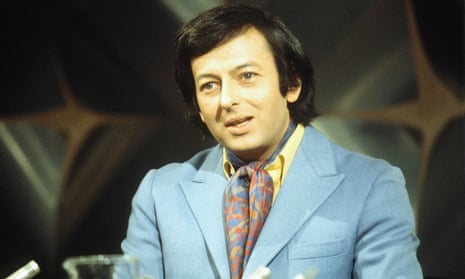The death this week of André Previn, one of the few world famous classical musicians to be also entirely at home as a performer of improvised jazz, coincided with the 50th anniversary of a run of shows by the Grateful Dead that produced one of the finest recordings of collective rock improvisation. In London there is still a successful musical running, Showstopper!, which is improvised from beginning to end every night.
One of the great aesthetic shifts of the last century was a movement away from the ideal of timeless perfection towards one of perfect timeliness: a change from composition to improvisation. This is most obvious in music but the shift was seen in all the arts. Even in religious liturgies there was a huge shift away from an ideal of choreographed perfection in services towards spontaneity and self-expression.
From Kingsley Amis to Sally Rooney is a long way to go in terms of sexual politics, but a short distance in terms of close attention to the spontaneous way normal people actually speak. No one ever actually spoke the glittering gangster patois of Raymond Chandler. In politics and rhetoric, the appearance of unscriptedness is used as a token for honesty, or at least sincerity. The most loved and successful computer games are those which become vehicles for collective improvisations among the players who make their own teams and to some extent their own goals, too.
This change of sensibility was partly the result of technological progress and in some ways analogous to the ways that painting changed after the advent of photography. Before the invention of film and sound recording, music and drama could not be re-experienced as books can be. They had to be recreated at every performance. Mass reproduction made the imperfect but original performance much more valuable.
The new freedom has been followed by a backlash. Charisma is transformed into routine. The pop business is now a byword for control and the scripted manipulation of audiences. Charismatic religious worship is now very tightly choreographed. There are good reasons for this, as the career of the Grateful Dead makes clear. Their slow, drug-fuelled decadence into a kind of karaoke band performing their own greatest hits is pitilessly chronicled in the recordings online and all the crueller because the songs the fans demanded of them had originated as spontaneous improvisations. Earlier experiments in nearly unedited literature by some of the beat writers are unreadable now.
Yet with the turn back towards discipline and predictability much has also been lost. At its best, collective musical improvisation does not just sweep up the musicians but the audience, too, into a greater whole. The improviser bears witness to the truth that art can always be done better, even if it will often be done worse. No matter how perfect the studio album, it is live music that truly gives life.
